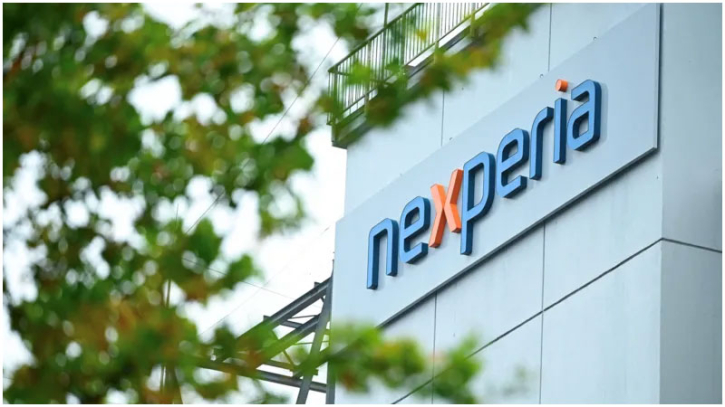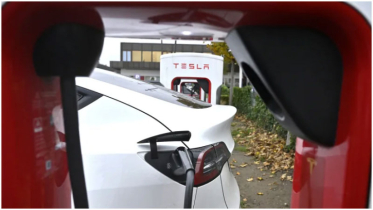China lifts export curbs on chips used in car manufacturing

China has removed export restrictions on certain computer chips that are essential for automobile production, the country’s commerce ministry announced on Sunday.
The exemption applies specifically to chips produced by Nexperia for civilian use. The move is expected to reassure carmakers in Europe, who had feared supply shortages and production delays due to the earlier export controls.
China has also temporarily paused restrictions on exports to the United States of several key semiconductor-related materials, and has suspended port fees for US cargo ships. These decisions come as trade relations between Beijing and Washington show signs of improvement following an agreement between President Xi Jinping and US President Donald Trump in October to reduce tariffs and hold off on further trade measures for one year.
Nexperia, based in the Netherlands but owned by the Chinese firm Wingtech, came under Dutch government control in October due to concerns about safeguarding Europe’s semiconductor supply chain. Following the takeover, China blocked exports of Nexperia's finished chips, sparking warnings of potential global supply chain disruptions.
Around 70% of Nexperia-produced chips in Europe are typically shipped to China for final processing before being re-exported worldwide. Automotive companies including Volvo, Volkswagen and Jaguar Land Rover had cautioned that continued restrictions could lead to plant shutdowns due to looming shortages. The European Automobile Manufacturers’ Association (EMEA) also signaled that chip supplies might run out within weeks.
Over the weekend, EU trade commissioner Maros Sefcovic confirmed that China had agreed to simplify export procedures for Nexperia chips and remove licensing requirements for civilian-use shipments. Negotiations between European and Chinese officials are continuing to establish a “stable and predictable” long-term trade framework.
In a separate announcement, China said it is suspending its ban on exports of certain dual-use materials — including gallium, germanium, antimony and super-hard composite materials — to the US until November 27, 2026. These materials are widely used in semiconductor manufacturing and other advanced technologies.
Additionally, China’s transport ministry confirmed that port fees for US-linked ships will be waived for one year, effective Monday. On Friday, China also lifted previously announced export controls on several rare earth materials and lithium battery-related products.
.png)




